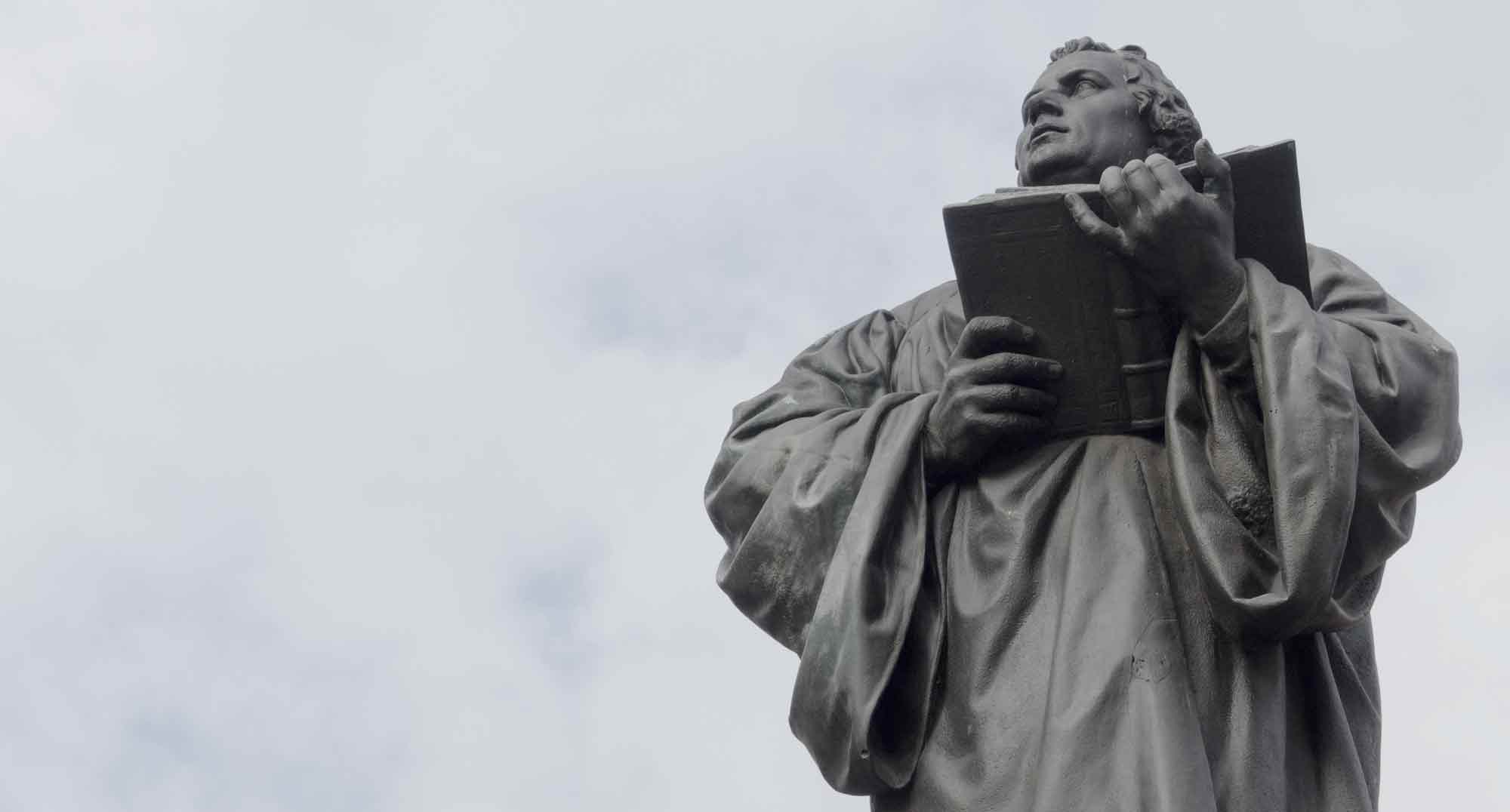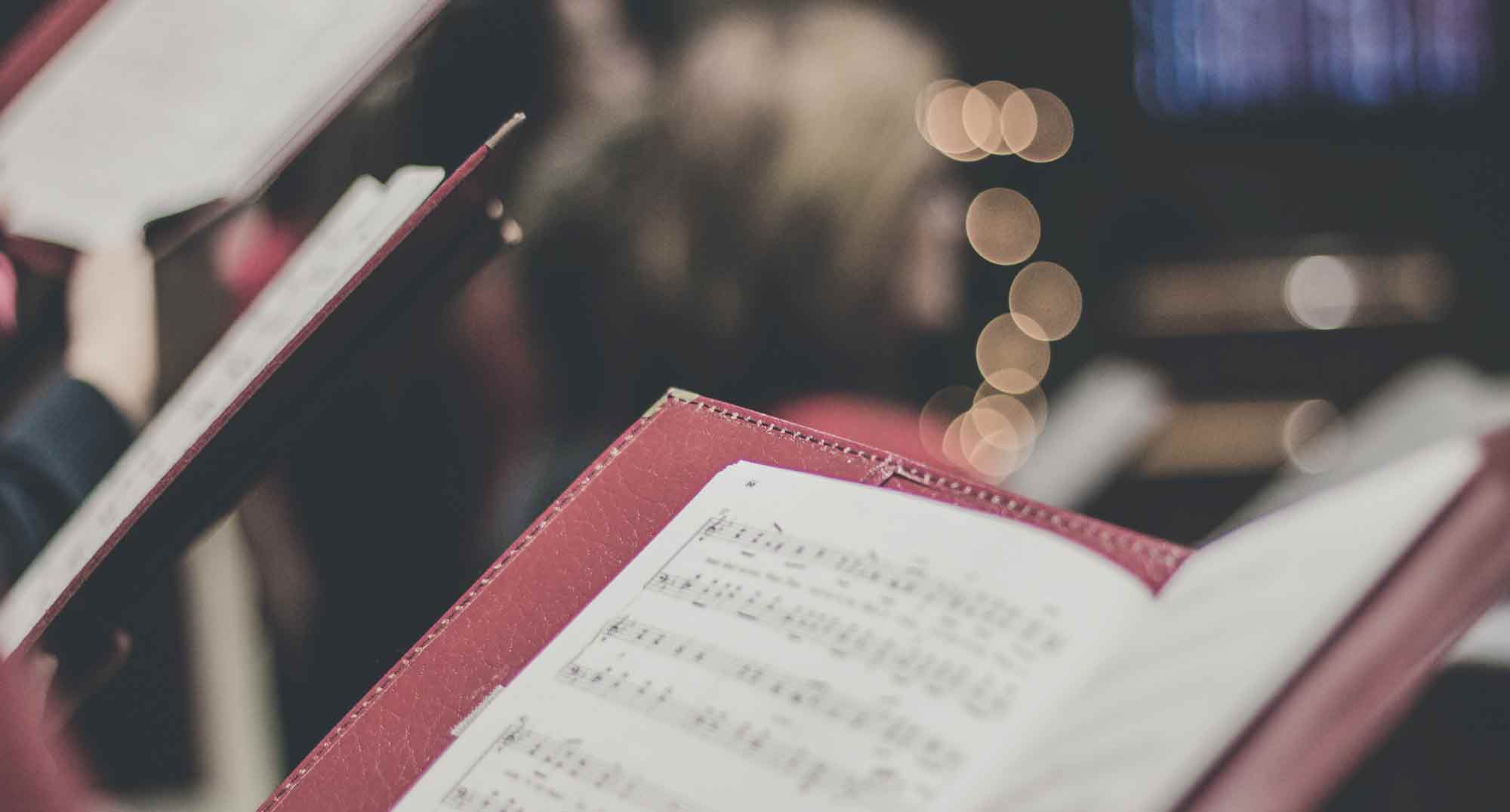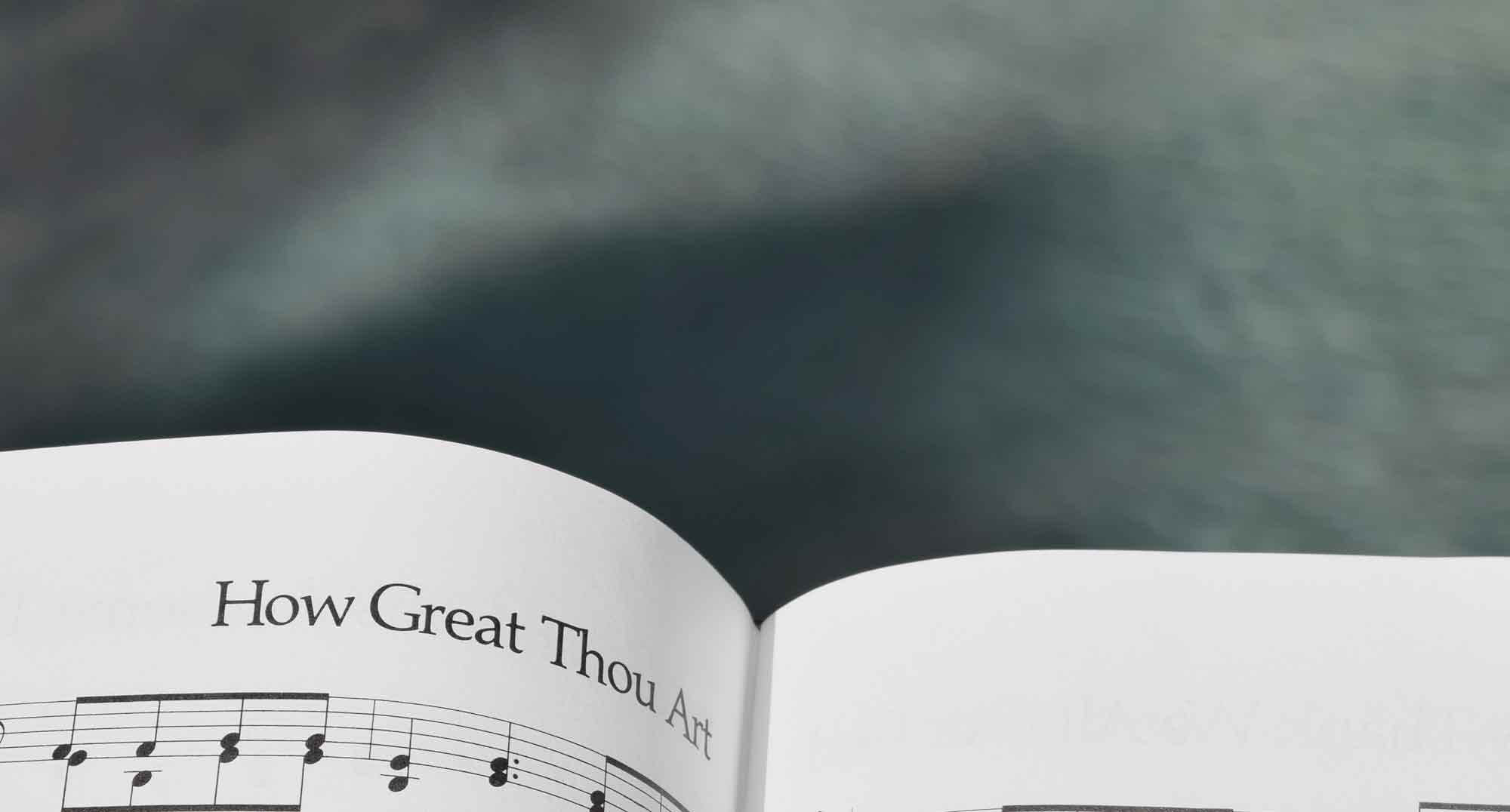I Will Sing
SHARON ROCKWELL | CONTRIBUTOR When I hit a recent milestone birthday, my children made sure that I was celebrating for a full week. There were new surprises each day. My favorite was a poster board they created with their special memories about me, one for each year. My daughter wrote this as one of hers, “I loved that you sang hymns to me while you were fixing my hair for Sunday School.” I had almost forgotten about that! And it is funny that she would remember those times since I cannot carry a tune. But the words of those hymns and their truths are embedded in her memory, and now she sings those same hymns to her children! Ministry Through Song In Exodus, Moses led the people in song, a hymn of praise, to celebrate God parting the Red Sea and protecting the Israelites from Pharaoh’s army. Then Moses and the people of Israel sang this song to the Lord, saying, I will sing to the Lord, for he has triumphed gloriously. the horse and his rider he has thrown into the sea. The Lord is my strength and my song, and he has become my salvation; this is my God, and I will praise him, my father’s God and I will exalt him. (Exodus 15:1-2)...






